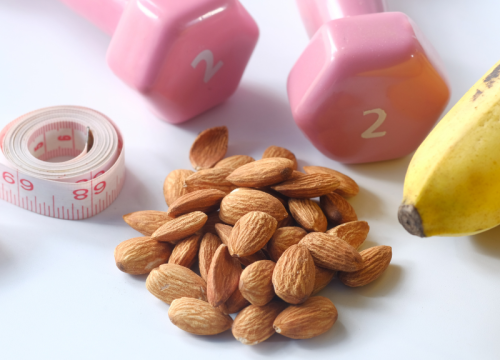Diet Before and After Bariatric Surgery

Diet Before and After Bariatric Surgery – What You Need to Know
Bariatric surgery is not just about the surgical procedure—it’s a long-term commitment to healthier living. A structured pre- and post-surgery diet plan plays a vital role in ensuring weight loss success and minimizing complications. At SEWA Superspeciality Centre, Indore, we provide patients with expert nutrition guidance before and after surgery for safe and sustained results.
Pre-Bariatric Surgery Diet
The pre-operative diet is designed to reduce liver size and body fat, which helps make the surgery safer and smoother.
Goals of the Pre-Surgery Diet:
Shrink the liver to improve surgical access
Reduce abdominal fat
Prepare the body for post-surgery changes
Typical Duration:
2–3 weeks before surgery (may vary based on individual health)
Recommended Foods:
Lean proteins: Chicken breast, tofu, fish, egg whites
Non-starchy vegetables: Spinach, broccoli, cauliflower
Low-fat dairy: Curd, toned milk, paneer
Fluids: Water, clear soups, sugar-free drinks
Avoid:
- Sugary snacks and drinks
- Fried and high-fat foods
- White rice, refined flour
- Alcohol and smoking
Post-Bariatric Surgery Diet Plan
After surgery, your digestive system is sensitive and needs time to adjust. The post-op diet is divided into four phases:
Phase 1: Clear Liquid Diet (Week 1)
Water, clear broth, herbal teas
Sugar-free electrolyte drinks
Avoid: Caffeinated, carbonated, and sugary drinks
Phase 2: Full Liquid Diet (Week 2)
Protein shakes
Skim milk, low-fat curd
Blended soups (without chunks)
Phase 3: Pureed/Soft Diet (Weeks 3–4)
Mashed dal, scrambled eggs
Soft khichdi, pureed vegetables
Well-blended chicken or paneer
Phase 4: Solid Foods (After 1 Month)
Introduce soft solids gradually
Focus on lean proteins and fiber
Chew food thoroughly and eat
Long-Term Diet Guidelines After Bariatric Surgery
High-protein, low-carb meals
Small, frequent meals (5–6/day)
Stay hydrated – sip water throughout the day
Take vitamin and mineral supplements as prescribed
Avoid fried, sugary, and processed foods
Limit caffeine and completely avoid alcohol
Why Nutritional Support is Essential ?
Following the right diet ensures:
Faster healing and fewer complications
Long-term weight loss success
Prevention of nutrient deficiencies
Better energy and overall health
